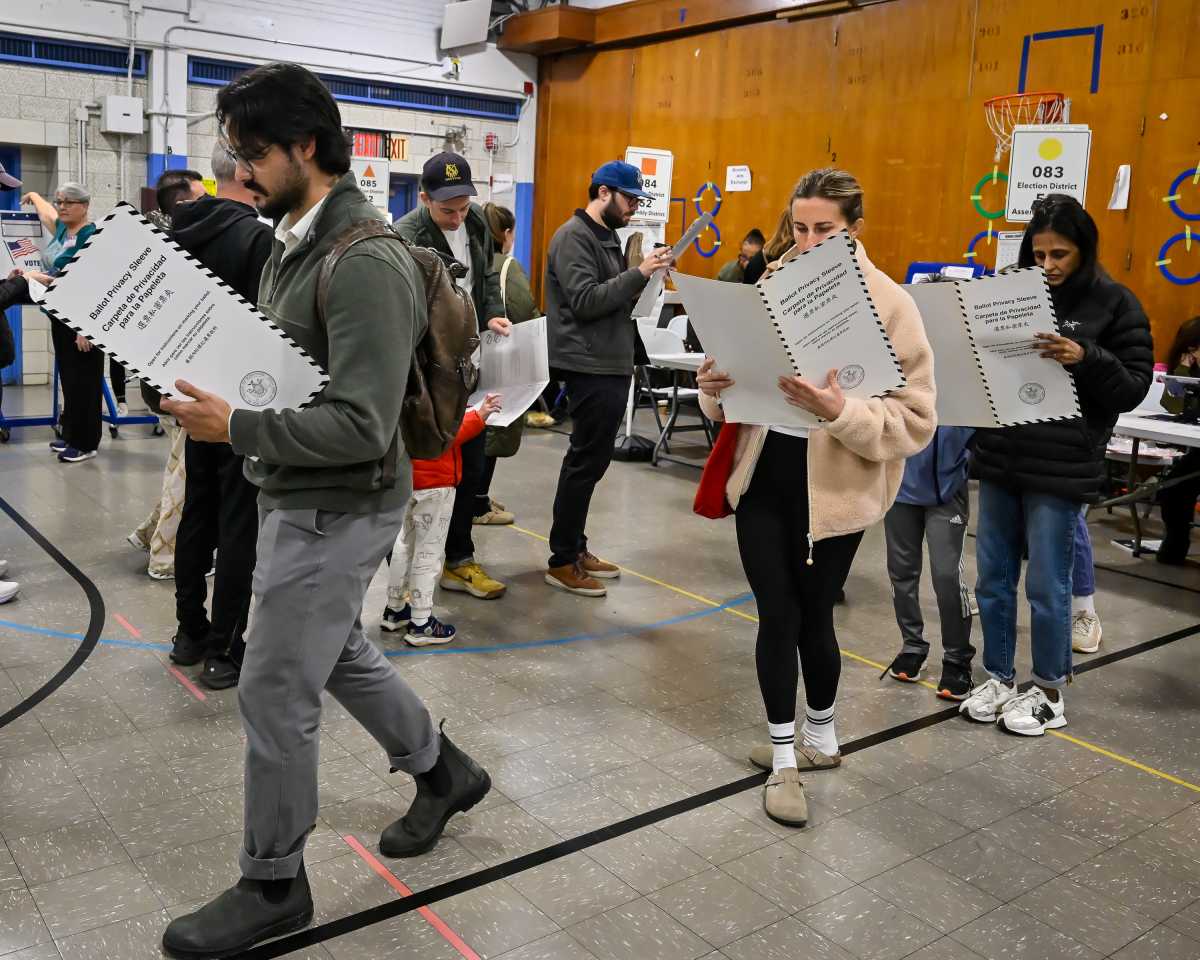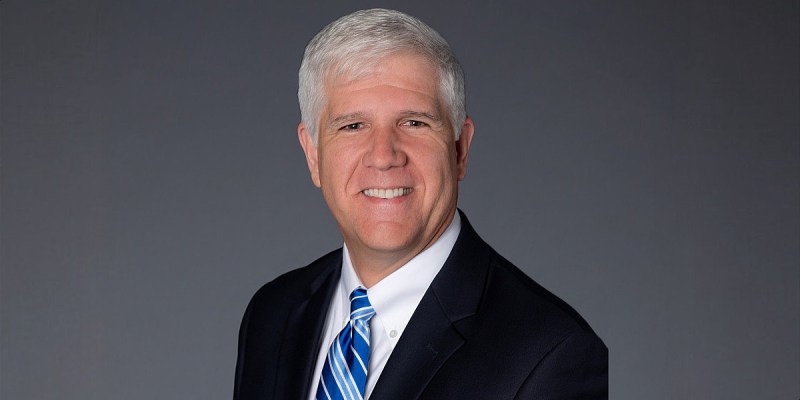John Morales, a Flushing High School junior, travels four-and-a-half miles from Woodside to Flushing every morning for school. Once at school, John makes use of the materials he totes with him everyday including pens, notebooks, textbooks, and his cell phone.
However, a recent random scanning system instituted for the city’s middle and high schools has kept John from bringing his electronics, things he says he needs in order to stay connected with his family and to help pass the time on his long, tedious train rides to and from school.
Mayor Bloomberg announced last month that school safety officers would randomly conduct sweeps at up to ten schools with metal detectors searching for weapons. However, weapons are not the only items being confiscated during the sweeps; students are being forced to yield their cell phones, iPods, and other electronic devices.
A large uproar from students, parents, and civil liberty activists has ensued.
Flushing H.S. junior Anne Cho stated “Random scanning is stupid because people like me who live very far away need to stay in constant contact with our friends and family in case of emergencies or to call 9-1-1.”
Moreover, certain student activists have gathered to protest against the screenings and plan a sit-in outside the campus when they reach Flushing. “It makes me feel like a criminal,” professed Topaz Buckley of Flushing High, “when all I’m doing is using a cell phone.”
Nevertheless, while a large majority protests the metal detector sweeps, a few feel that they are actually of significant importance.
“I love the idea of random scanning because it helps secure our schools and make our schools look better. People will actually be doing work in class instead of text messaging,” declared Husain Momand of Flushing H.S.
Similarly, teachers overall seem to share the same sentiment.
Evan Lazarus, an AP American History teacher at Flushing, wholeheartedly supports random scanning. “I think it’s great! Students have no rights whatsoever. Education is a privilege and cell phones and iPods only serve to distract students from their studies,” he said, adding that those distractions belong outside school campuses.




































